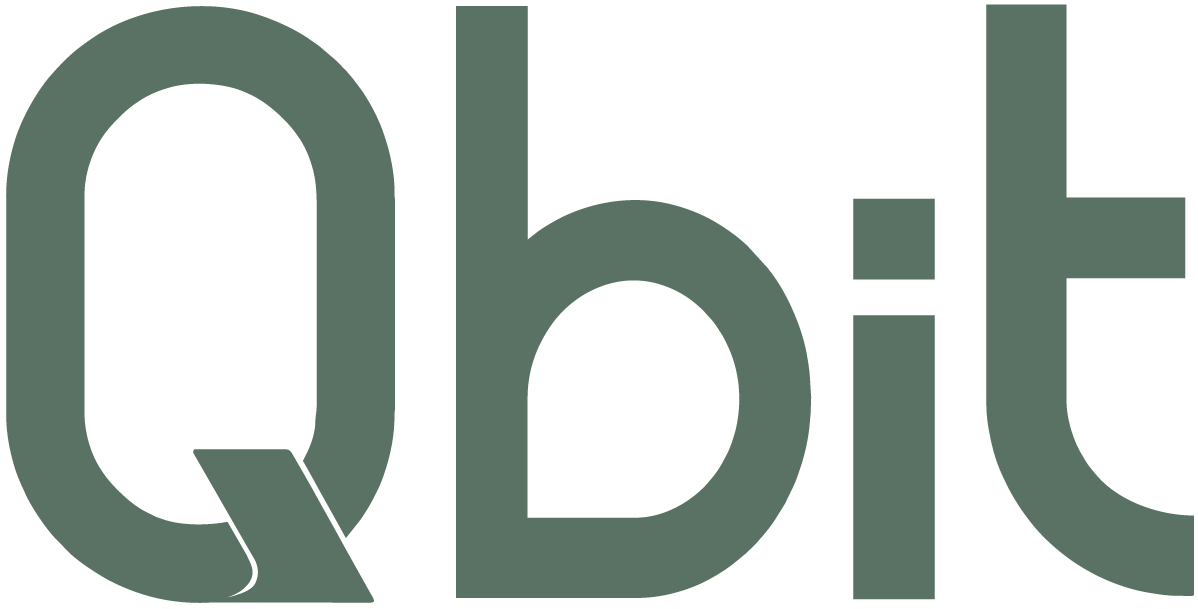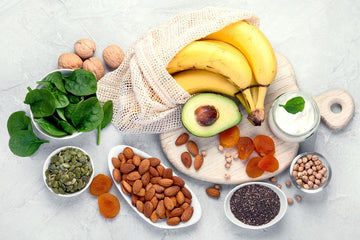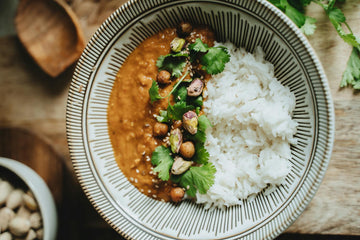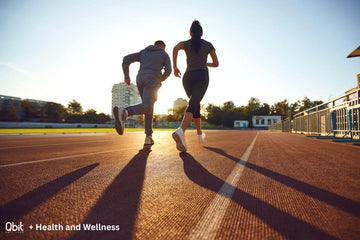What food is iron in?





Why do I need iron?
Iron is needed for healthy blood, muscles and energy levels. Here are some key reasons why iron is important:
- Healthy Blood: Iron is an essential component of hemoglobin, a protein in red blood cells that carries oxygen from the lungs to other tissues in the body. Adequate iron levels help ensure proper oxygen transportation, supporting healthy blood circulation and preventing conditions like iron-deficiency anemia.
- Muscle Function: Iron is necessary for optimal muscle function. It is involved in the production of myoglobin, a protein that stores and transports oxygen within muscle cells. Sufficient iron levels promote muscle strength, endurance, and overall physical performance.
- Energy Production: Iron plays a vital role in energy metabolism. It is a crucial component of enzymes involved in the production of adenosine triphosphate (ATP), the main source of energy in the body. Sustaining adequate iron levels helps support optimal energy production, combat fatigue, and maintain overall vitality.
- Immune System Support: Iron contributes to a well-functioning immune system. It is necessary for the production and maturation of immune cells, including white blood cells that help defend against pathogens and foreign substances. Sufficient iron levels support a robust immune response and promote overall immune health.
How much iron do I need?
| Women (age 19 – 50) | Men (age 19 – 50) | Men and women (age 50+) |
| 18mg per day | 8.7mg per day | 8.7mg per day |
Evidence
- Targeting iron metabolism in cancer therapy. (2021)
- Iron: Key player in cancer and cell cycle? (2020)
- Iron Oxide Nanoparticle Formulations for Supplementation. (2019)
- We found 262,128 studies on Iron
I would suggest eating broccoli if you are looking to boost your iron intake. Just one cup of chopped broccoli (156g) contains 1 mg of iron. So, if you’re looking for a delicious and healthy way to increase your iron intake, make sure to include broccoli in your meals.
Dr. Siddharth Gupta, B.A.M.S, M.D (Ayu)
| Egg | 1 egg(100 g) | 1.75 mg of Iron |
| Quinoa | 100 g | 1.5 mg of Iron |
| Wheat | 100 g | 3.9 mg of Iron |
| Millet | 100 g | 3 mg of Iron |
| Broccoli | one Cup(156g) | 1 mg of Iron |
| Spinach | 100 g | 2.7 mg of Iron 28 mg Vitamin C |
| Oats | 100 g | 4.7 mg of Iron |
| Tofu | 100 g | 5.4 mg of Iron |
| Red Meat | 100 g | 2.7 mg of Iron |
| Chicken | 100 g | 1.3 mg of Iron |
| Dark Chocolate | 100 g | 6.32 mg of Iron |
| Peas | 100 g | 1.5 mg of Iron |
| Chickpea | 100 g | 6.2 mg of Iron |
| lentils | 100 g | 3.3 mg of Iron |
| Beans | 100 g | 5.4 mg of Iron |
| pumpkin seeds | 100 g | 3.3 mg of Iron |
| sesame seeds | 100 g | 14.6 mg of Iron |
| Flaxseed | 100 g | 5.6 mg of Iron |
I would recommend incorporating eggs in your diet to give your body the iron it needs. These versatile little powerhouses not only provide a wide range of essential nutrients but also contain a good amount of iron. Just one large egg (100g) contains approximately 1.75 mg of iron, which can cover your daily requirement.
Dr. Rajeev Singh, BAMS
| pistachios | 100 g | 3.9 mg of Iron |
| Almonds | 100 g | 5.4 mg of Iron |
| Cashews | 100 g | 6.7 mg of Iron |
| prunes | 100 g | 0.93 mg of Iron |
| raisins | 100 g | 2.6 mg of Iron |
| Apricots | 100 g | 6.3 mg of Iron |
Hints and tips
- Vitamin C aids in the absorption of iron by enhancing its uptake in the body. Consuming foods rich in vitamin C, such as orange juice, alongside an iron-rich meal can indeed help increase the benefits of iron absorption.
- When you consume foods high in vitamin C along with iron-containing foods, the vitamin C helps convert the iron into a form that is more easily absorbed by the body.
- Including a source of vitamin C, like a glass of orange juice, with your iron-rich meals can enhance iron absorption and maximize the nutritional benefits of the iron you consume. Other good sources of vitamin C include citrus fruits (such as lemons, grapefruits, and strawberries), kiwi, tomatoes, bell peppers, and broccoli.
- Remember, it’s always important to maintain a balanced diet and consult with a healthcare professional or a registered dietitian for personalized dietary recommendations based on your specific needs and health conditions.












